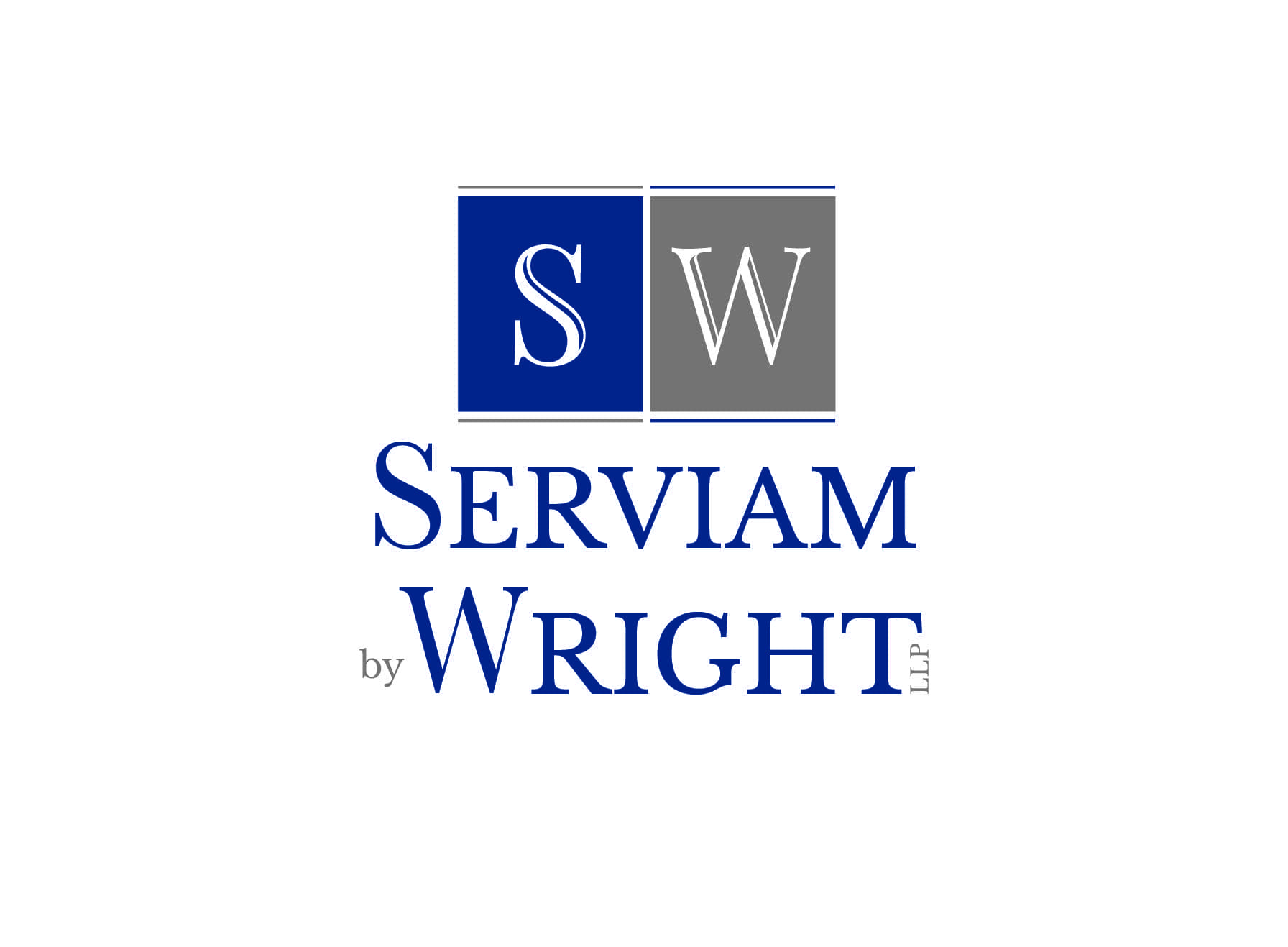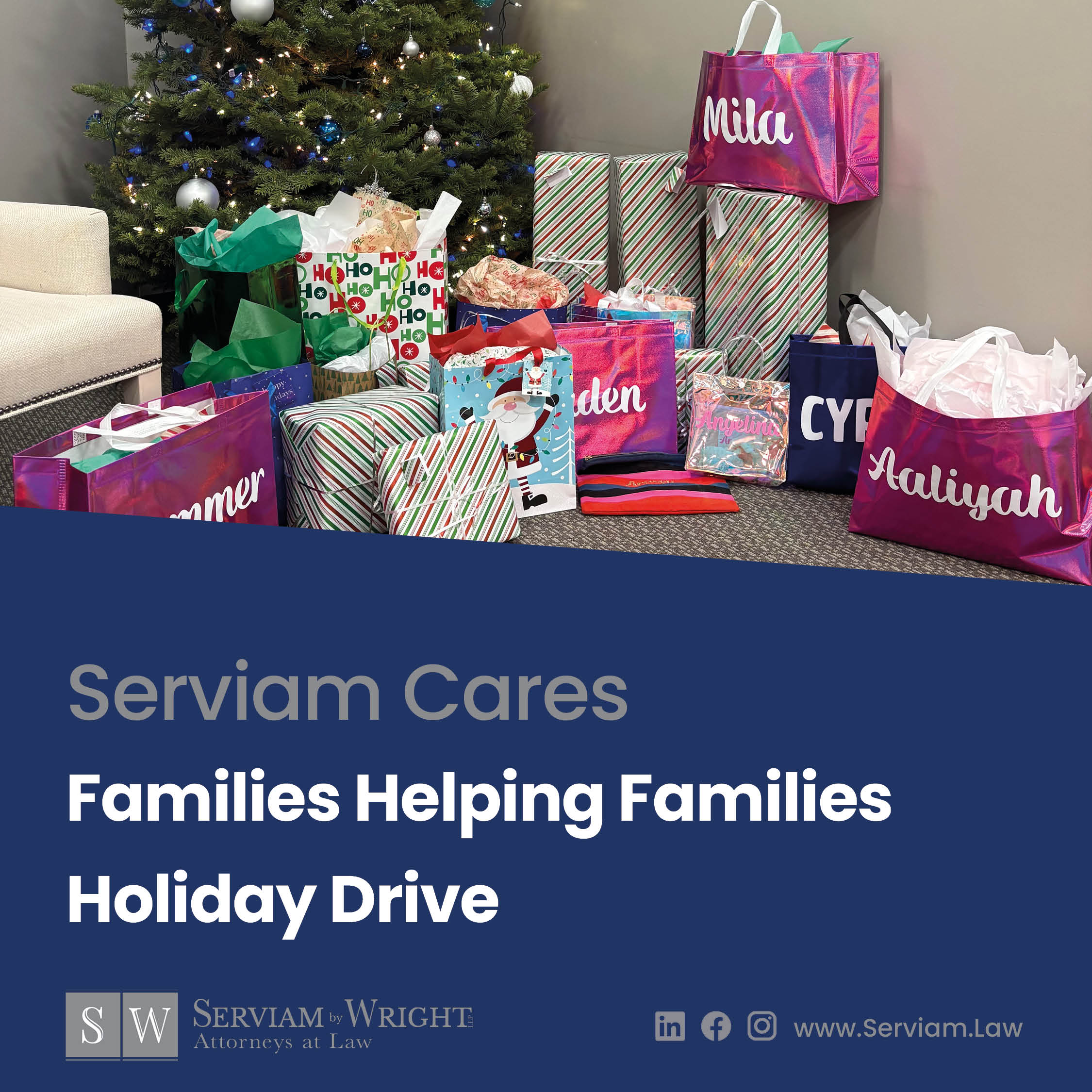California Senate Bill-60 (SB-60), the State’s emergency ordinance which was adopted and went into immediate effect on September 24, 2021, amends sections 25132 and 36900 of the Government Code to allow cities and counties to increase the maximum fines for code violations involving short-term rentals (“STR”) to amounts greater than those available for non-STR code violations. For jurisdictions keen on enforcement related to STRs and ensuring the health and safety of any renters, SB-60 provides a great deterrent for ensuring compliance to incorporate into their codes.
SB-60 also requires the issuing agency to provide a process for a reduction of fines related to STRs in line with existing law. To fully understand this aspect of SB-60, it is important to first take a look at the 2018 amendment to sections 25132 and 36900 of the Government Code which went into effect on January 1, 2019: the biggest import being, the prior amendment created a mandatory program for jurisdictions to reduce fine amounts for second and third violations, which by this point, all jurisdictions issuing such fines must have to comply with State law. SB-60 builds upon the 2018 amendment, making STR fines subject to this mandatory fine reduction program with some new caveats.
Below we discuss the 2018 amendment, the contours of SB-60 and it impact on local jurisdictions, and what steps your jurisdiction can and should take to ensure it has greater enforcement options and is in compliance with this new State law.
2018 Amendments to Sections 25132 and 36900 of the Government Code
In 2018, sections 25132 and 36900 of the Government Code were amended to increase the amount of the fines cities and counties could impose for violations of local building and safety codes as follows:
- Fines for first violations were increased from $100 to $130.
- Fines for second violations of the same ordinance within the same year were increased from $500 to $700.
- Fines for each additional violation of the same ordinance within the same year were increased from $1,000 to $1,300.
- A fine of $2,500 can be imposed for each additional violation of the same ordinance within two years of the first violation if the property is commercial and the infraction is due to the owner’s failure to remove visible refuse or prohibit unauthorized use of the property.
The 2018 amendments further required any city or county levying fines pursuant to these sections to establish a process for granting a hardship waiver to reduce the amount of the fine for a second or third violation of the same ordinance or local building and safety code that is an infraction upon a showing that the responsible party has made a bona fide effort to comply after the first violation and that payment of the full amount of the fine for the second or third violations would impose an undue financial burden on the responsible party.
As the 2018 amendments went into effect nearly three years ago, all cities and counties should have adjusted their codes and/or policies to, at a minimum, include a process by which a responsible party can apply for a hardship waiver for a second or third violation of the same ordinance or local building and safety code within the same year. By including the process for the hardship waiver in local codes, cities and counties can generally avoid potential procedural due process challenges by responsible parties by making the process transparent and readily available.
2021 Amendment to Sections 25132 and 36900 of the Government Code
In SB-60, sections 25132 and 36900 of the Government Code were amended to increase the fines cities and counties can assess for the violation of an ordinance pertaining to a short-term rental that poses a threat to health and safety. A “short-term rental” is defined as a residential dwelling, or any portion thereof, that is rented to a person for 30 days or less. The fines were provided as follows:
- Fine for a first violation of a short-term rental ordinance is $1,500.
- Fine for a second violation of a short-term rental ordinance is $3,000.
- Fine for each additional violation of the same ordinance within the same year are $5,000.
The amendments specifically exclude first time violations pertaining to a failure to register or failure to pay a business license fee from the increased fine schedule.
Similar to the 2018 amendments, SB-60 requires cities and counties to include a process by which a responsible party can apply for a hardship waiver for the imposed fines for violation of a short-term rental ordinance. However, different from other violations, SB-60 requires cities and counties to provide a hardship waiver process for a first violation, not just the second and third violations.
The time is ripe to consider whether your municipal or County code needs to be amended to provide for the increased fines for short-term rentals and/or to include the required hardship waiver process. Given the intricacies of the law and due process requirements, it is recommended that you consult with your legal advisors. The attorneys at Serviam by Wright LLP are available to help you with this process.
About the Authors
Valerie D. Escalante Troesh is a specialized code enforcement attorney and partner with Serviam by Wright Law LLP in California. She has extensive experience in drafting municipal codes, advising on code enforcement matters, and representing public agencies in matters ranging from affirmative nuisance abatement actions, receiverships, defensive suits when code and law enforcement officers are challenged in their duties on the field, and writs. Valerie is also the Legal Director of Code Enforcement Officer Safety Foundation.
Amanda R. Jones is a specialized code enforcement attorney and associate with Serviam by Wright LLP in California. She specializes in nuisance abatement actions, including hoarding properties, drug abatement actions, and illegal cannabis grows. Amanda also serves as an Administrative Hearing Officer for multiple jurisdictions and has presided over a number of cases involving code violations for short-term rentals.





